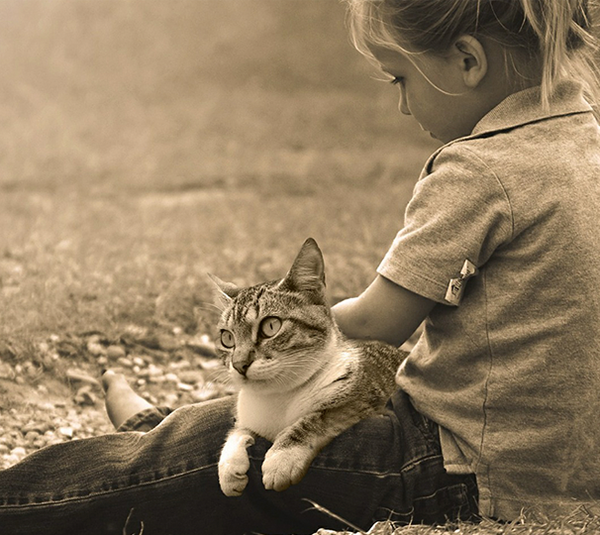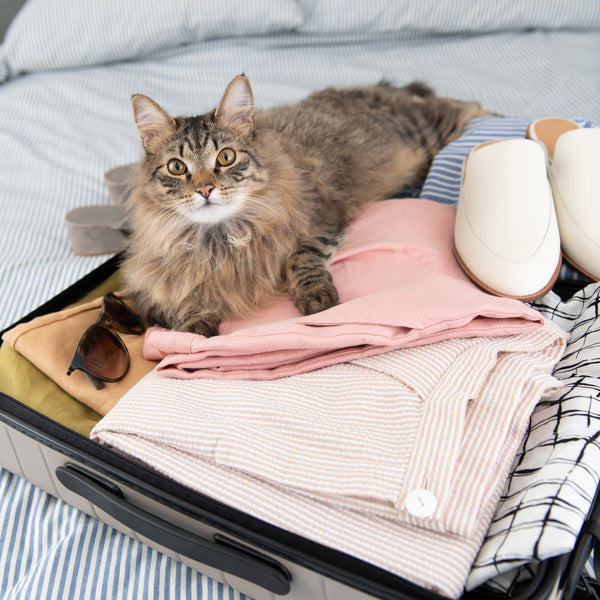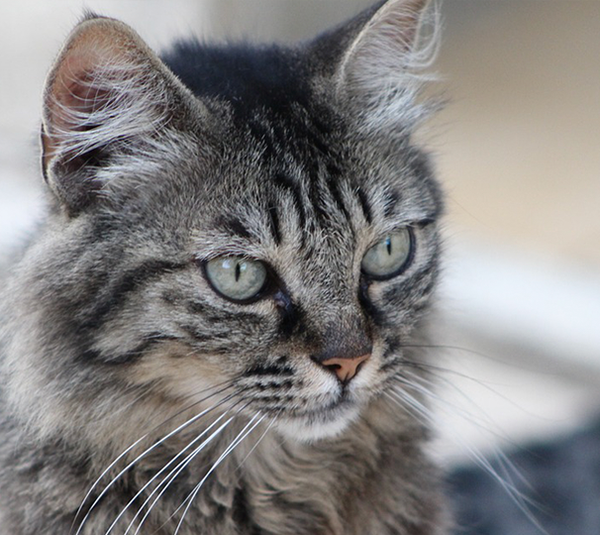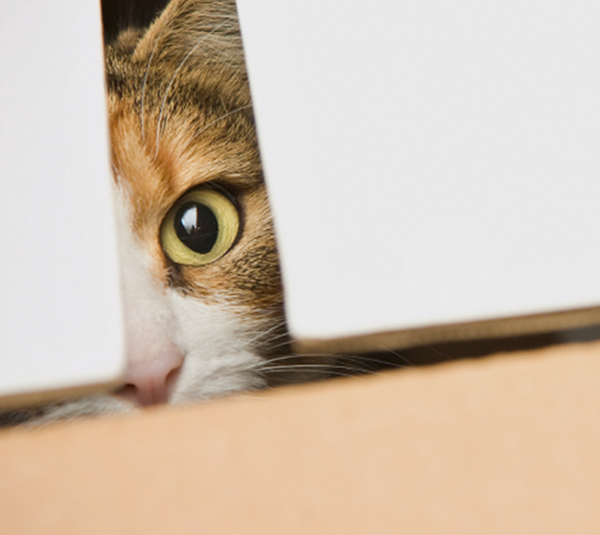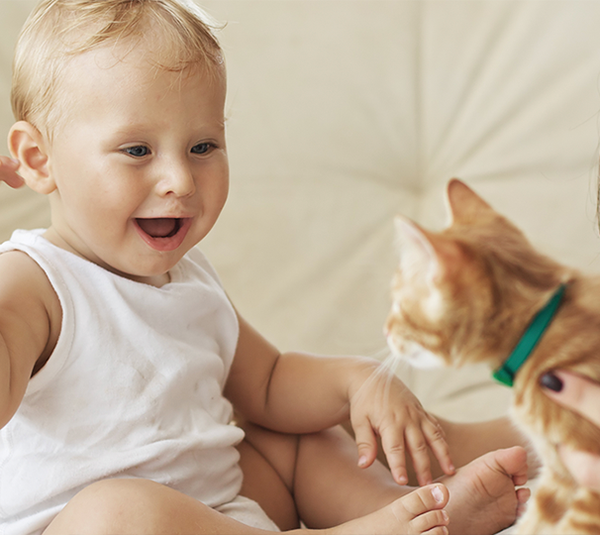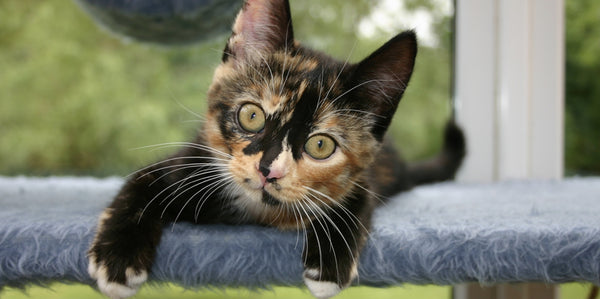Everyday care for your cat
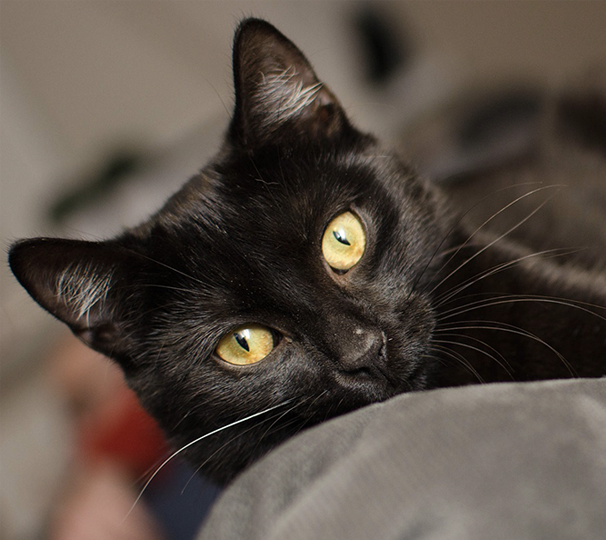
Cats can be low maintenance pets. The level of care they need depends on their breed, health, and age. Below are some key things to consider when taking care of your feline friend.
Caring for your cat's coat and skin
Short-haired breeds are pretty low maintenance. They can keep their coats in tip-top condition with little or no help at all.
However, long-haired breeds like Persians are a different matter. Keep the area under the tail clean (especially for breeds with a great deal of coat such as Persians, or cats that are unwell). You may need to clean or trim the coat so faeces do not stick to it. Help may also be needed for older cats that cannot clean themselves.
In the case of hairless cats, take extra care to avoid rashes and fungal infections. A weekly sponge bath will help to remove its oily secretions.
Caring for your cat's eyes
Most cats do not need any help with their eyes. However, exotic, flat-faced breeds need extra care as they are prone to tear duct blockages. A daily eye wipe with a damp cotton wool ball will alleviate irritation for your pet. Use a separate ball for each eye and be as gentle as possible. You don't want your cat to associate this gesture with pain!
Caring for your cat's claws
Active cats who spend a lot of time outside won't need much help here, as they keep their claws clean and sharp during their alfresco activities.
Indoor cats may need their claws trimmed (principally to protect the furniture) as they won't wear them down in the same way.
Old cats may not retract their claws so well and so they may begin to catch on carpets or furnishings. Keep an eye on these so that they do not become overgrown or begin to curve back into the cat's pad.
Caring for your cat's ears
Always check with a vet first before cleaning your cat's ears. The tissues lining the ear canals are very delicate and easily damaged.
If you suspect your cat has mites or an infection, check with your vet. Vets may give you a product to wipe out the outer ear and avoid going too deep, causing more damage.
If you have a hairless breed or a cat with curled ears, they may require more ear-care. Check with your vet about how to do this safely.
Caring for your cat's teeth
The best veterinary advice is to get your cat's teeth cleaned early on; from kittenhood. This means they'll become accustomed to the procedure.
If you brush your cat's teeth at home, then use a brush and paste made for animals available from your vet. Never use human or dog products.
Signs that your cat is suffering include the inability to eat and bad breath. Cats are very good at disguising their pain, so you may not notice until they literally stop eating!
If you suspect an infection in the mouth, a proper examination by the vet is needed to determine the extent of the problem.
Pick up the clues
Changes in coat, body posture or behaviour, may all be signs that something is amiss.
Please remember to check with your vet if you are at all worried at any time.
For more information about how to care for your cat’s health and wellbeing, please visit the complete article here.
